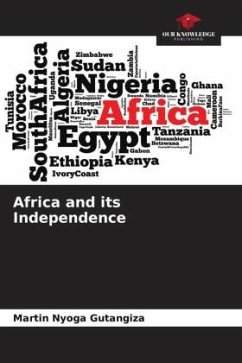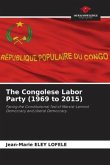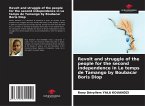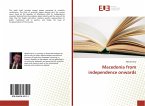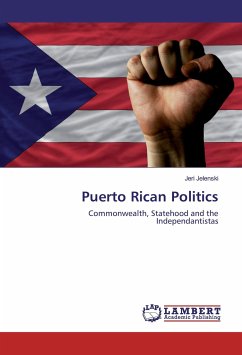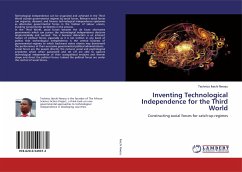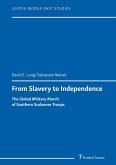The African continent clearly has a past, but knowledge of that past is partial, filtered and sometimes biased. This denial of history is due to the international slave trade and colonial expansion policies, which certainly did not leave much room for mutual respect and informed exchange, but also to the fact that scientific research in colonial nations was dominated by evolutionary thinking. The simplistic idea of contrasting the stereotypes of "industrial/dynamic" with "traditional/unchanged" still holds true today.History has long been a discipline dedicated to written sources, thus neglecting civilizations better known through other sources such as archaeology. It goes without saying that archaeology is, like any historical discipline, immersed in the social context in which it is practiced. The interpretation of archaeological data can therefore be guided by the interests of a researcher or the community to which he or she belongs.
Bitte wählen Sie Ihr Anliegen aus.
Rechnungen
Retourenschein anfordern
Bestellstatus
Storno

